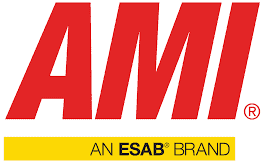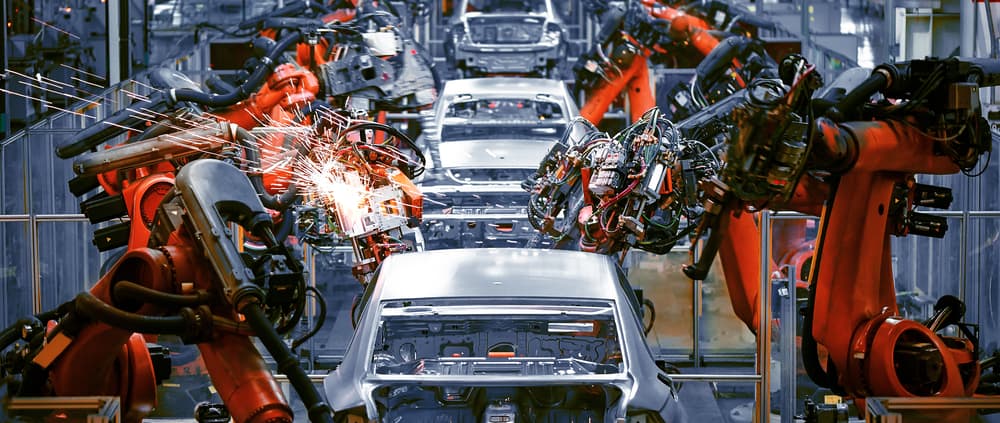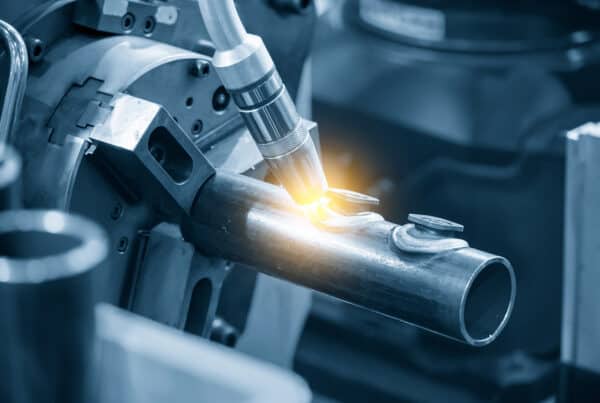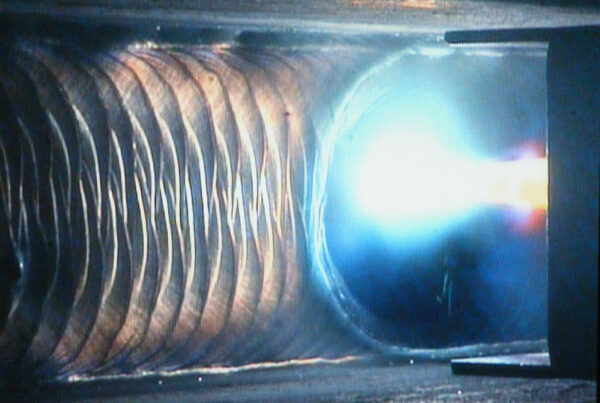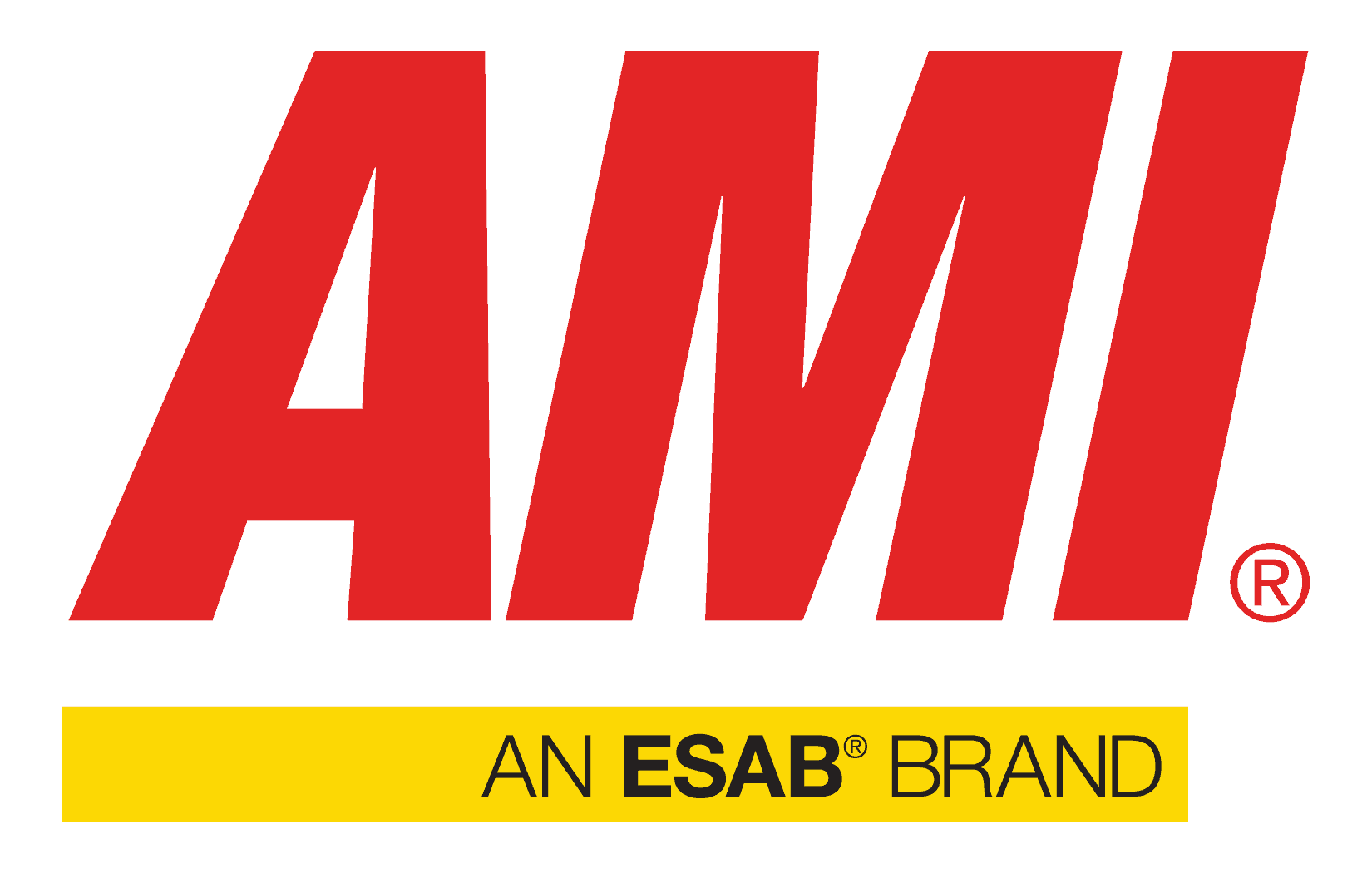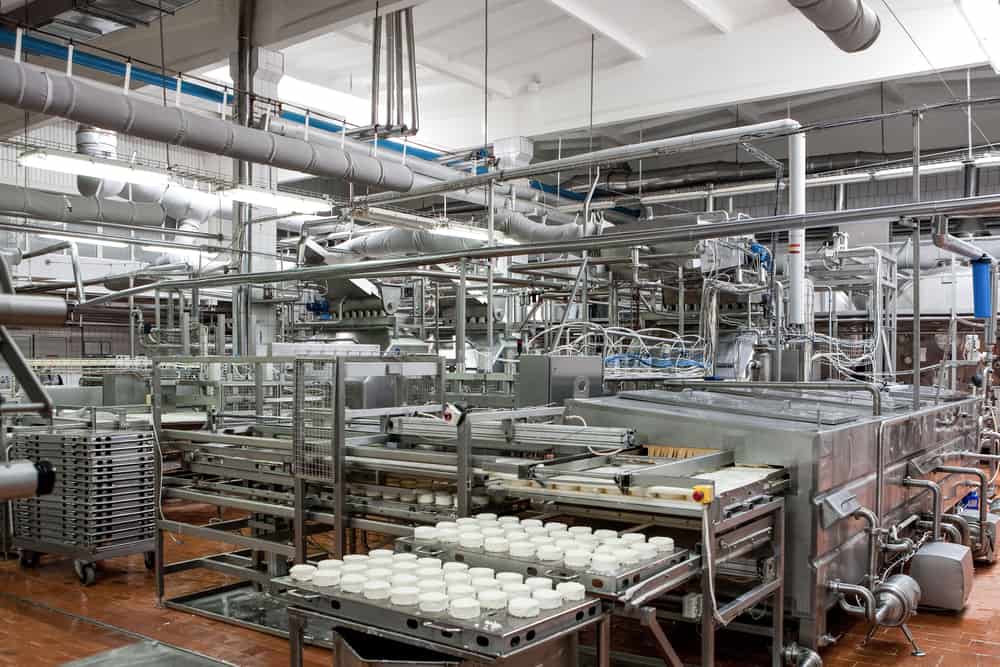
In food production and manufacturing applications, metal component quality is crucial. Welding plays an important role in maintaining the food-safe status of the in-contact metal components. Organizations like the Food and Drug Administration (FDA) have set standards such as the Food Safety Modernization Act (FSMA) for welded metal surfaces to eliminate contamination risk in the food products they contact. As the global food market expands and supply chain requirements increase, industries must ensure both the safety and efficiency of welding technology.
To attain efficiency when manufacturing food-grade components, industries are increasingly adopting orbital welding technology. The automation and precision of orbital welding have allowed industries to establish a high-quality, smooth-surface finish when welding pipe systems, equipment, and metal components.
Safe and Sanitary Welding in the Food Industry
Food grade industries such as produce, dairy, beverage, or pharmaceutical processing plants require a smooth finish for metal contact surfaces. The smooth surface is essential in achieving sanitary conditions, as it does not promote contamination or bacteria growth. To attain optimal results, welders should have a basic understanding of food-grade welding requirements. Listed below are several key food-grade welding considerations.
Eliminate Burrs
Burrs refer to the rough edges that can form during the welding process, and they typically result from the amount of heat applied or the material type. When burrs occur in food-grade applications, they can create a favorable environment for contamination. Their sharp edges can also cause injuries to operators. Precise welding parameters employed in conjunction with other deburring techniques can help ensure a smooth surface that meets food safety standards.
Avoid Welding Dissimilar Metals
Due to the varying thermal coefficients and unique physical and chemical properties of the dissimilar metals, welding them increases the potential for weld failure. Likewise, welding dissimilar metals can also contribute to irregularities in the fusion and lead to cracking and corrosion. The safety of the food product in contact with these metal surfaces can be compromised by rust or other kinds of contamination.
Ensure Precise Weld Parameters
Inaccuracy in weld parameters, such as voltage or speed, can affect the weld consistency and lead to issues like lack of fusion or heat stress cracking. These inaccuracies can also affect the chemical properties of the metal. In the case of metal like stainless steel, this can result in the removal of the oxide layer. When this protective layer is lacking, the steel becomes susceptible to corrosion and unsuitable for food-grade applications.
Use Correct Filler Material
The use of incompatible filler material during the weld can create a weak bond between the two metals. In some cases, this can lead to galvanic corrosion, which renders the component unsuitable for food and beverage applications.
In addition to developing fluency in food-safe welding requirements, industries are applying advanced welding technology that can help ensure they adhere to safety standards. By employing an accurate and precise automated welding system, manufacturers can effectively and efficiently meet the challenges of food-safe welding.
Meeting Food-Safe Welding Standards With Orbital Welding
Orbital welding’s mechanized welding technology helps manufacturers attain these specific welding requirements in the food and beverage industry. The orbital welding process allows operators to optimize and monitor weld parameters. Technicians can ensure correct parameters to avoid excess heat and reduce stress in the metals. As a result, manufacturers can more easily avoid cracks, corrosion, and weld failure. By implementing an orbital welding process, manufacturers can ensure sanitary conditions for food-safe welding.
Arc Machines, Inc. is a leader in orbital welding technology offering experience and expertise to help you achieve food-safe welding requirements. For inquiries regarding products, contact sales@arcmachines.com. We look forward to providing the equipment and services your project needs. Contact us today to learn more.
